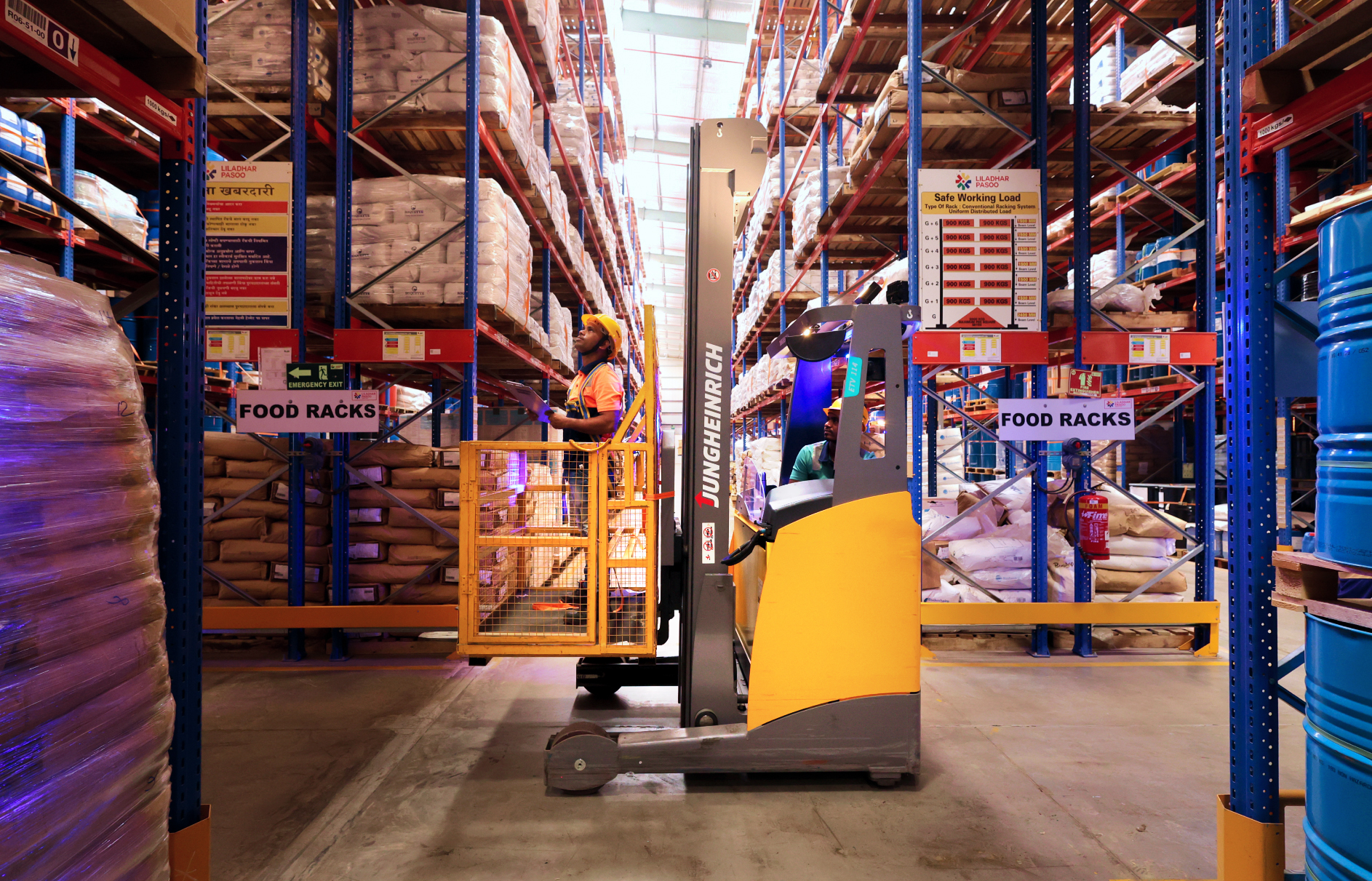The Future of Supply Chain Logistics: Embracing Sustainability and Green Practices

In the fast-paced world of business, where every second counts and competition is fierce, the efficiency of logistics management is more critical than ever. It has the power to make or break a business. Central to this efficiency are transportation services, which serve as the lifeline connecting products to customers. However, as businesses strive for excellence, rising transportation costs can pose a significant challenge to profitability. To navigate this landscape successfully, companies must adapt strategic measures that optimize logistics operations and minimize expenses. Here are some of the top ways to achieve cost savings in logistics management.
1. Implement a Transport Management System
A transport management system (TMS) is vital for effective logistics management. This system automates essential tasks such as route planning, selecting carriers, and tracking shipments. By using a TMS, businesses can significantly lower their transportation costs. With better visibility into shipment status, companies can make informed decisions, ensuring timely deliveries and optimal use of resources.
2. Optimize Routing and Load Planning
Routing and load planning are crucial elements of logistics management. Companies can reduce transportation costs by consolidating shipments and maximizing the capacity of their vehicles. A TMS helps identify the most efficient delivery routes, leading to lower fuel consumption and improved delivery times. This approach ensures that each trip is as effective as possible.
3. Leverage Technology for Real-Time Tracking
Integrating real-time tracking technology into transport management systems is essential for improving logistics efficiency. With real-time tracking, businesses gain insight into shipment statuses, allowing them to manage delays proactively. This capability helps minimize transportation costs by enabling effective communication with customers and timely adjustments to schedules.
4. Collaborate with Reliable Transportation Services
Building partnerships with trustworthy transportation services is crucial for effective logistics management. Collaborating with established logistics providers can lead to lower transportation costs through better rates and higher-quality service. Reliable partners often have access to advanced technologies that can further improve operational efficiency, allowing businesses to concentrate on their core functions.
5. Invest in Green Logistics Initiatives
Adopting green logistics practices can reduce transportation costs while promoting environmental sustainability. By optimizing routes and using energy-efficient vehicles, companies can decrease fuel consumption and lessen their carbon footprint. Implementing eco-friendly practices not only lowers costs but also enhances brand reputation and customer loyalty.
6. Review and Optimize Warehousing Services
While reducing transportation costs is important, businesses should also consider the role of warehousing services in logistics management. Inefficient warehousing can lead to delays in fulfilling orders, increasing transportation expenses. By optimizing inventory management and warehouse layouts, companies can improve operational efficiency, ensuring timely shipping and further reducing costs.
7. Utilize Data Analytics for Informed Decision-Making
The use of data analytics in modern logistics management is invaluable. By analyzing transportation data, businesses can identify trends and areas for improvement. Utilizing insights from a transport management system allows companies to make informed decisions regarding inventory levels and route optimizations, ultimately reducing transportation costs.
8. Train Staff and Foster a Culture of Efficiency
Investing in employee training is essential for enhancing logistics management. A well-trained workforce is better equipped to identify inefficiencies and implement solutions. Training programs should focus on new technologies and best practices in the industry, enabling employees to contribute actively to cost-reduction efforts. Cultivating a culture of efficiency encourages staff to seek innovative ways to lower transportation costs and improve operations.
9. Negotiate Freight Rates
Regularly negotiating freight rates with carriers can lead to significant savings. In a competitive logistics market, companies often have the opportunity to negotiate better terms based on shipping volume or long-term relationships. By actively managing contracts and seeking competitive bids, businesses can optimize their logistics management and reduce transportation costs.
10. Explore Alternative Transportation Modes
Using alternative transportation modes can also help reduce transportation costs. For example, rail and sea freight may be more cost-effective than truck transportation for long distances. By evaluating the cost-effectiveness of various transport modes, businesses can select the most suitable options that align with their logistics management goals.
Conclusion
Reducing transportation costs within your logistics management framework requires a thoughtful approach. By implementing a transport management system, optimizing routes, and using technology, companies can enhance efficiency while lowering expenses. Collaborating with reliable transportation services, such as LP Logiscience, and investing in green logistics initiatives are essential steps toward achieving cost-effective logistics operations. LP Logiscience stands out as a trusted partner, offering innovative logistics solutions that cater to the evolving needs of businesses. Their commitment to sustainability and operational excellence positions them as a valuable ally in streamlining logistics processes.
By adopting these strategies, companies can effectively optimize their logistics operations, reduce costs, and improve customer satisfaction. In a competitive marketplace, prioritizing transportation cost reduction will help businesses succeed and thrive.
FAQ
1. What are some practical ways to reduce logistics costs for my business?
You can reduce logistics costs by optimizing transportation routes, using a transport management system, and consolidating shipments. Partnering with third-party providers and negotiating better rates are also effective ways to reduce logistics costs.
2.How can a transport management system help in transport cost management?
A transport management system improves transport cost management by optimizing routes, tracking shipments, and selecting cost-effective carriers. This streamlines processes and lowers transportation costs.
3.Will partnering with third-party logistics providers reduce my logistics costs?
Yes, third-party providers offer expertise in warehousing and transport, helping reduce logistics overhead. This is one of the most effective ways to reduce logistics costs while improving efficiency.
4.What is the best approach for reducing transportation costs while maintaining service quality?
To balance cost and quality, focus on transport cost management strategies like route optimization and shipment consolidation. A transport management system can help ensure both savings and timely deliveries.
5.How can green logistics initiatives help my business save on transportation costs?
Green logistics can lower transportation costs by improving fuel efficiency and reducing waste. Optimized routes and energy-efficient vehicles contribute to better transport cost management.
